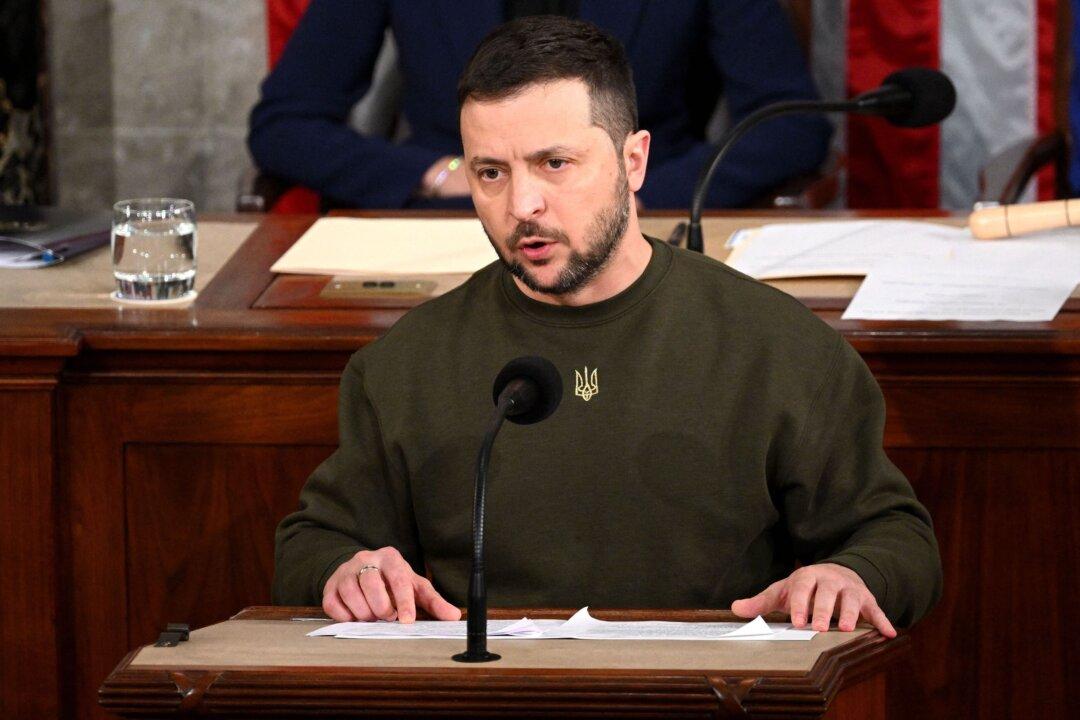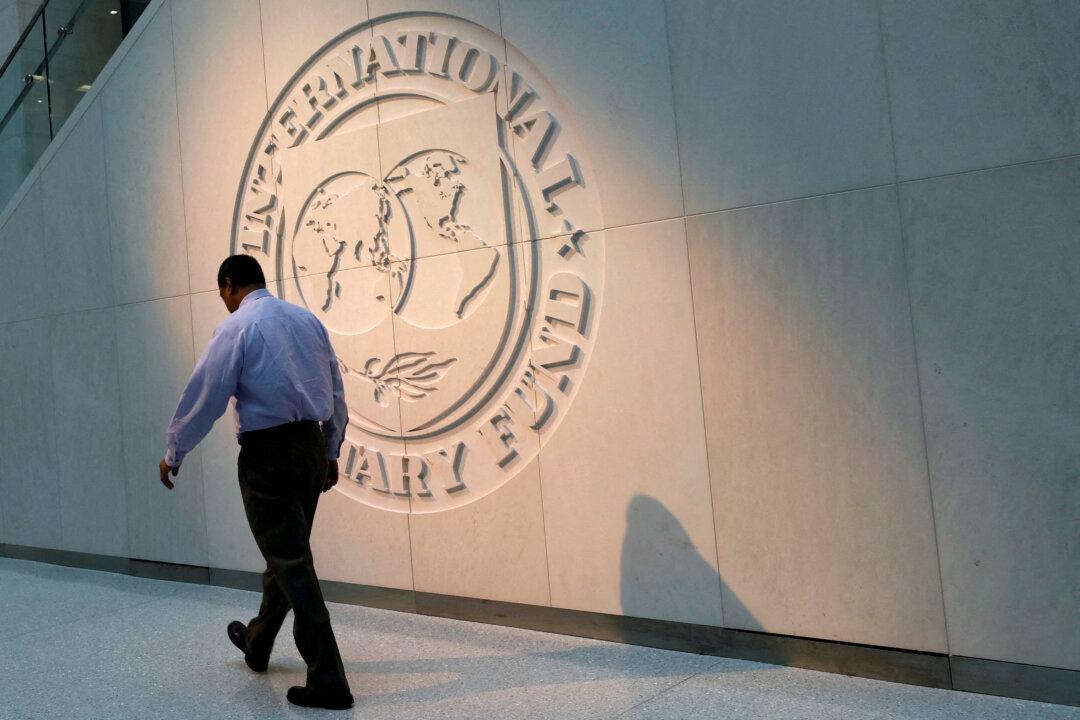A U.S. State Department official and two Norwegian defense-focused politicians are concerned that Russian President Vladimir Putin might deploy a nuclear weapon in response to Ukraine’s planned spring counteroffensive, set to begin in weeks.
The Ukrainian military plans to go on the offensive as soon as Western tanks and long-range rockets arrive, which could be as soon as April, according to Kyiv’s minister of internal affairs Anton Gerashchenko. Its primary regional target will be Russian-occupied Crimea, which Ukrainian President Volodymyr Zelenskyy vowed to take back on Feb. 26.




